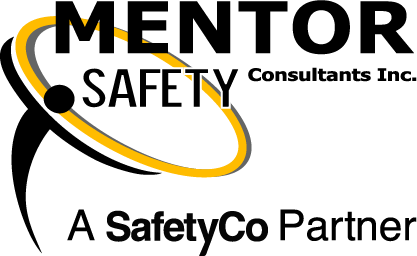-Carola Mittag

The first piece of mail I received in 2023 was a letter from the Ontario Ministry of the Attorney General. I’ll admit, even though I know I’ve done nothing wrong, I delayed putting off opening the letter. I’m not sure how others feel when they receive an official government letter, but I am always a little nervous about what it might concern.
As it turned out it was a summons to appear for jury selection. I have never been through this process but do know that it is a summons that, as a citizen, I am obligated to answer. Many people I have spoken with were horrified at the thought of having to sit on a jury. While I don’t know if I’ll be selected and, if I am, for what kind of case but, think this is an opportunity to perform my civic duty and it might just be a very interesting experience. Of course, there are cases that I would choose not to have to sit in on; only time will tell what the issue will be, should I be chosen.
I can’t imagine having to be part of a murder or child abuse trial but am fully aware that it could be anything. Perhaps it could be a case of negligence, a workplace accident or a severe, life-altering injury. Given my background in health and safety, I wonder if a defense lawyer would even want me on the jury. I could be a valuable juror because of my understanding of health and safety but, could I be objective enough to fairly evaluate any evidence provided? A prosecutor would probably see my expertise as an advantage.
Another issue I would have to consider is that in all court cases not related to workplace death or injury, a defendant is considered innocent until proven guilty. The presumption of innocence is a principle that states the prosecution must prove guilt, and the accused is considered innocent until proven otherwise.
In health and safety law, an employer, a supervisor or any other person alleged to be responsible for a worker’s death or injury, is considered to be guilty until proven innocent. If a company is charged with a health and safety offense, it falls upon them to prove that they took all “reasonably practicable” precautions to prevent harm from occurring or to satisfy the duty or requirement in question. In this regard, in criminal health and safety trials – the defendant is ‘guilty until proven innocent’. The responsibility rests with the employer to prove they did all they could to prevent an accident, rather than with the prosecution to convince the court that they failed in their duty.
Well, the new year is off to an interesting start. I wish you all a happy, healthy and safe 2023!

Watch for next month’s Blog published in the first week of February.
Sincerely,
Carola Mittag
Consultant and Editor for Mentor Safety Consultants Inc.
